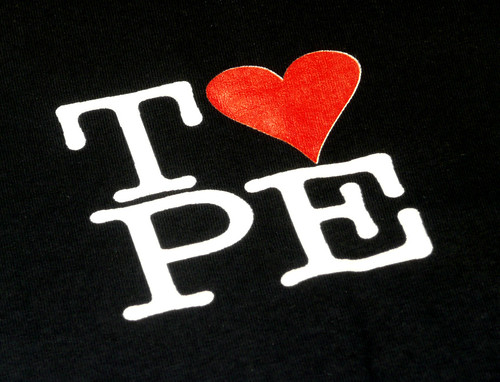I watched crime shows and court shows all day, every day while working on the final book in the Deck of Lies series. They inspired me, and helped me stay in the right head space to get the story together. Also, I really like those shows...it's why I like to write mysteries. I've found that if you write what interests you, you write better.
What the Heart Wants
Suzanne Collins got the idea to write The Hunger Games while watching news and reality TV. She watched politics and brutal competition, so that's what she ended up writing about. She wrote about what she likes, what interests her, and it became a hit.
It's a pretty simple formula. If you're interested in something, and passionate about it, your story is going to be much richer. Your love of the topic itself will enhance every aspect of your tale. Research will be easier and the words will flow more freely. So now all you have to do is figure out what interests you...and parlay that into a bestselling book.
Should be no problem.
Wait...What Does it Want?
Pay attention to the things that interest you. Are there similarities in
the TV shows you watch, your favorite movies? Certain themes or ideas
that strike you? Maybe it's a setting that grabs you the most. Do you like movies and TV shows about life near the beach, in the snow, in fancy mansions or maybe in the mean streets of the city? Figure out your interests, and you might find some story ideas in there.
For example, maybe you watch a lot of cop shows and shows that are set in high school. You like movies that take place in big cities with plenty of singing and dancing. Why not write a story about a high school girl who moonlights in the city as a private detective -- and she's in the school glee club? It could be a zany comedy filled with hijinks as she tries to balance these two seemingly disparate interests (something you could write well if you share these interests), or a romantic drama in which she helps apprehend a ring of vicious criminals and wins the heart of the lead singer in the rival glee club.
Play the game with your own interests, plucking out various pieces of them and putting them together in a plot. Who knows? Maybe you'll find your own Hunger Games.


























